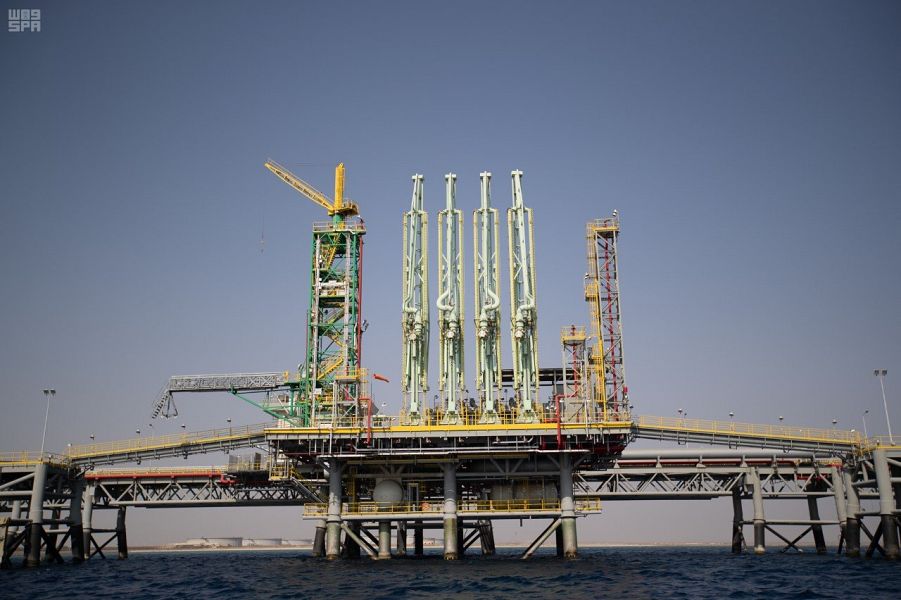Concerns that a looming economic slowdown might soon impact fuel consumption around the world are weighing down oil prices after Saudi Arabia and the OPEC+ group of oil producing nations have successfully reversed a downward trend for oil since the start of 2019.
Brent hit a four-month high of $68.69 per barrel on Thursday, up from $51 in December, and notched a third straight week of gains this week. Saudi Arabia and the OPEC+ group of nations, which includes Russia, throttled back supply in order to clear out rising stockpiles of crude, which was sending prices downward.

Saudi Energy Minister Khalid Al-Falih.
Saudi Arabia’s Minister of Energy Khalid Al-Falih said that the Kingdom may continue supply cuts through 2019 in order to keep prices higher. Saudi Arabia lowered production by far more than it agreed to in the OPEC+ deal, “bearing most of the group’s burden for supply curbs,” according to a Bloomberg report which found that while not all countries complied with the cuts, overall compliance by OPEC itself rose to 106 percent as several countries cut by more than required.
“I am obviously optimistic that implementation of our OPEC+ agreement will improve, it’s already strong by historical standards,” Khalid al-Falih said on Monday.
The unresolved political situation in Venezuela, Iran sanctions, and the potential for a conclusive trade agreement between the U.S. and China are all providing upward pressure on prices, with the latter potentially providing a large bullish spark to oil prices if a deal is reached.
Meanwhile, as oil’s price creeps upward, so too does U.S. production. According to CNBC, U.S. producers pumped 12.1 million barrels per day last week, making the United States the world’s biggest producer, ahead of Russia and Saudi Arabia.









